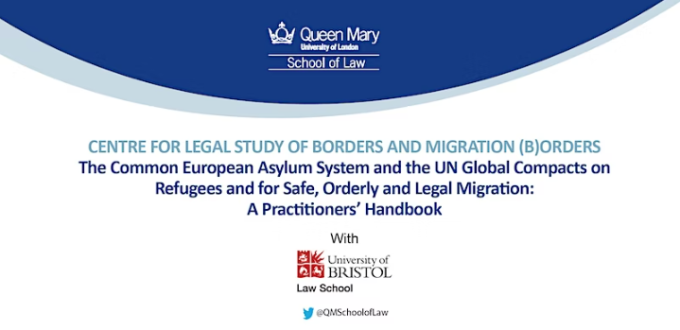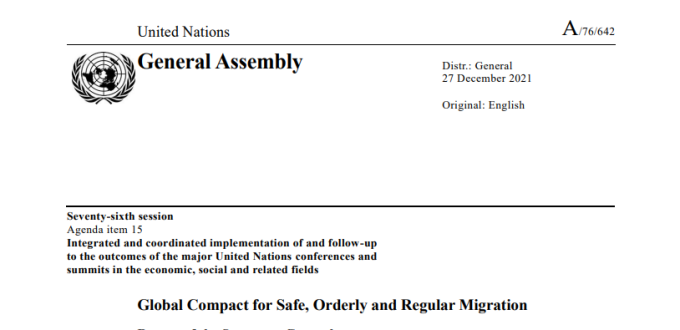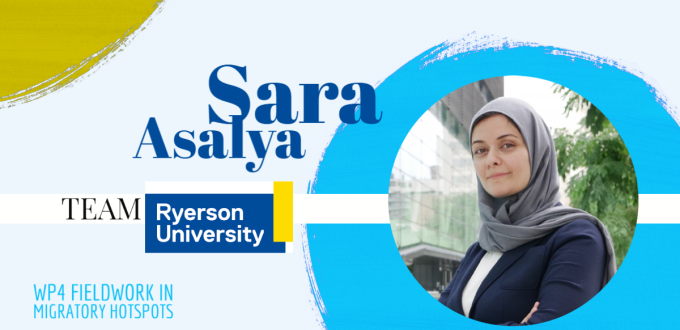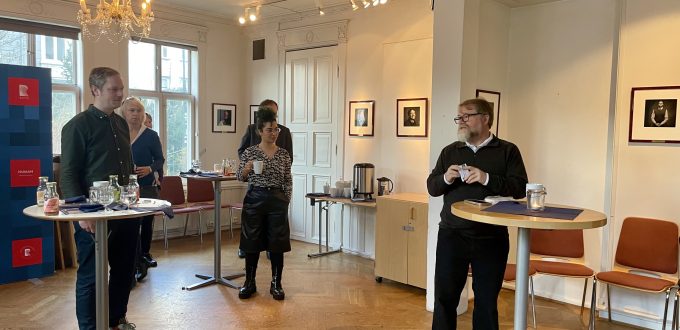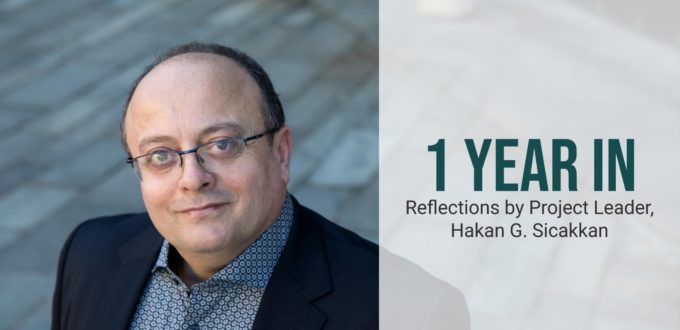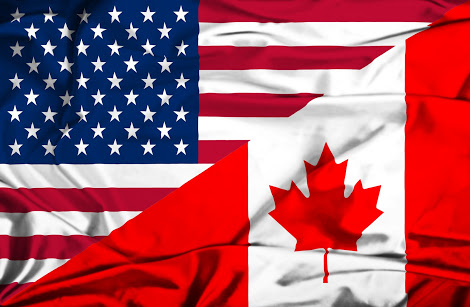When: Tuesday, 27th September 2022, 17:00 – 19.00 hrs Where: Room 3.1, Lincoln’s Inn Fields, Centre for Commercial Law Studies, Queen Mary University of London or online (register here) The (B)OrderS: Centre for the Legal Study of Borders and Migration at Queen Mary University of London (QMUL) and the Centre for International Law at the University of Bristol invite you to […]
PROTECT AS PART OF THE UNHCR GAIN-NETWORK
PROTECT’s project leader, Hakan G. Sicakkan has initiated the University of Bergen’s partnership with the UNHCR – the UN Refugee Agency and membership in the GAIN-network during the first Global Refugee Forum in 2019, when the network was launched. The Global Academic Interdisciplinary Network (GAIN) was established by the Global Compact on Refugees, affirmed in […]
Recordings and policy recommendations available from the Inclusive Europe Policy Roundtable
The policy roundtable, based on findings from ten H2020 projects, looked at “Migrations and migrants in the EU: changing narratives – modifying practices – influencing policies”. The recordings from #InclusiveEurope2022 are now available on YouTube. Visit our channel to watch them. Otherwise, you can find the main proceedings of the roundtable summarized in the following […]
Implementing Migrant Protection? The UN’s Second Report on the Implementation of the Global Compact
In this blog post, Maja Grundler and Elspeth Guild discuss the Report’s approach to monitoring implementation of the MC. They argue that more explicit engagement with the MC’s objectives and detailed provisions, as well as concrete suggestions for actions for achieving, and criteria for measuring, progress should be the focus of future implementation reports. […]
New member at Ryerson
Meet Sara Asalya Sara is the Founder and Executive Director of The Newcomer Students’ Association, a national grassroots not for profit organization working at the intersection of migration, education, and social justice, and a platform committed to promoting inclusion and equity for post-secondary immigrant and refugee students. Sara has collaborated and worked on different research […]
PROTECT MEETS THE RAFTO LAUREATE OF 2021
Every year since 1987, the Rafto Foundation, an international human rights organization in Bergen, Norway, recognizes human rights defenders and those fighting against oppression by awarding the Rafto Prize to people or organizations most deserving of it.
This year’s Rafto Prize laureate is the Human Rights Data Analysis Group (HRDAG) of San Francisco, California.
Safe Passage for Afghans? The EU’s response towards Afghans at risk in light of the Global Compacts
The EU’s (lack of) response to the situation in Afghanistan The EU’s most recent response to the situation in Afghanistan consisted of a “High-Level Forum on providing protection to Afghans at risk,” hosted by the European Commission on 7 October 2021. Judging from the press briefing given by EU Commissioner for Home Affairs Ylva Johansson […]
Newsletter
PROTECT issues newsletters quarterly. Sign up to stay updated on our publications, events, blog posts and activities.
Project Leader Hakan G. Sicakkan reflects upon PROTECT’s first year
Covid-19 has not only slowed down our fieldwork but has also sneaked insidiously into all parts of PROTECT – into our survey questionnaires, interview guides, data grids, and discussion fora – as we encountered its effects on refugees and international protection in the natural course of our research. It is currently on its way into PROTECT’s global cleavage theory.
“The US is not safe for asylum seekers” – Federal Court of Canada strikes down the Canada-US Agreeme
The Federal Court of Canada has determined that the Canada-US Safe Third Country Agreement (STCA) infringes upon asylum seekers’ right to international protection and has given the Parliament six months to take necessary action. Until then, Canada can continue handing over asylum seekers to the US officials, exposing them to arbitrary detention and the possibility of immediate deportation to the countries where they have fled persecution or other life-threatening situations. The Federal Court should rescind the STCA immediately, not six months from now, say PROTECT researchers, Idil Atak, Zainab Abu Alrob and Jona Zyfi in this blog piece.

